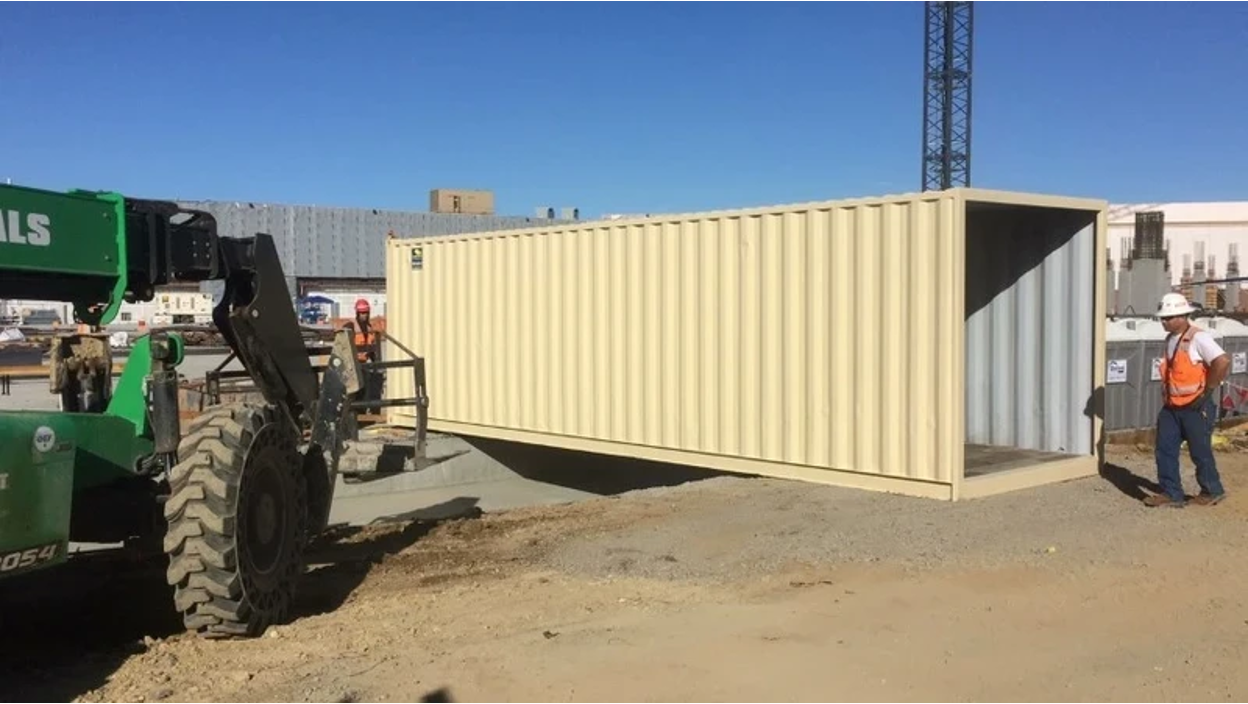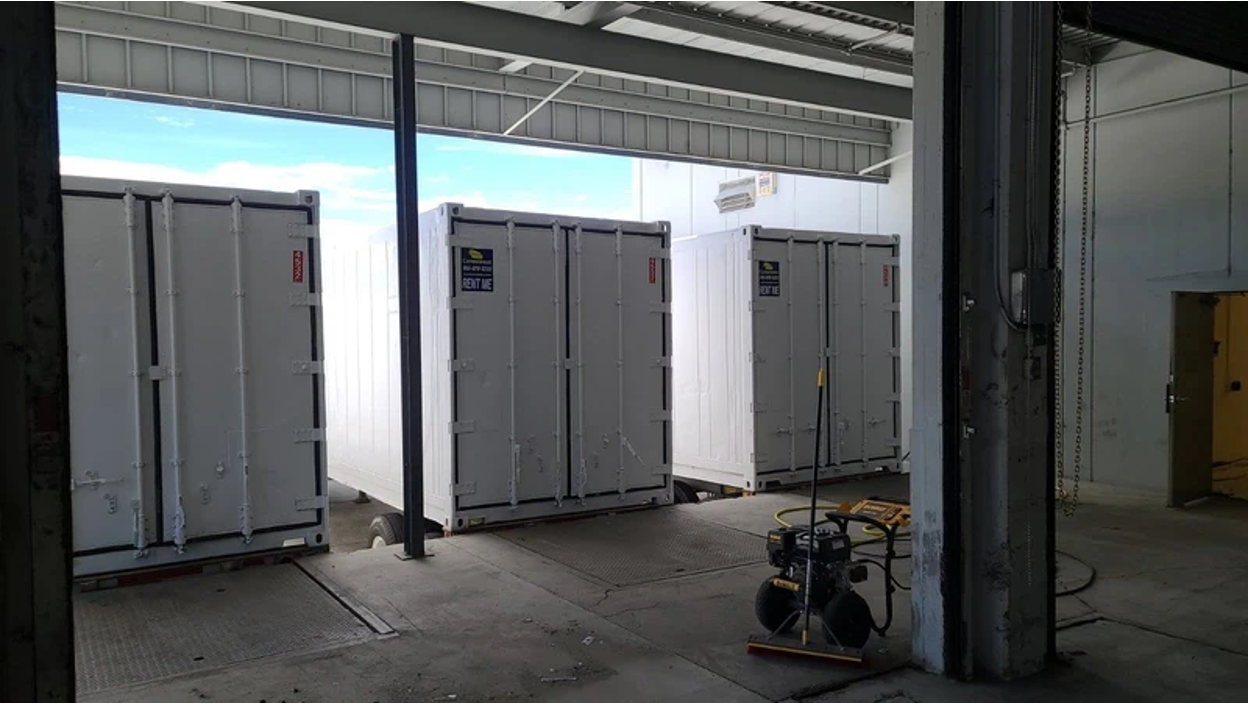New Hampshire Shipping Container Zoning Laws, Permits & Building Code Requirements
Get a quoteNew Hampshire Shipping Container Zoning Law, Permit & Building Code Guide
Key Takeaways
- Shipping containers in New Hampshire must comply with specific zoning classifications based on their intended use.
- Residential use of shipping containers requires special permits and adherence to local aesthetic standards.
- Commercial zones have fewer restrictions but still require compliance with local ordinances.
- Obtaining necessary permits involves engaging with local planning departments and preparing detailed project proposals.
- Conexwest is a trusted source of shipping containers that also help you comply with New Hampshire’s regulations.
Shipping Container Zoning Laws, Permits, & Building Code Requirements In New Hampshire
Zoning Laws
Zoning laws dictate where shipping containers can be placed and how they can be used. They separate land into residential, commercial, and industrial zones, each with different levels of restrictions.
- Residential Zones: In many towns, shipping containers may not be allowed as permanent residences without special permits. They must comply with local aesthetic standards and may have restrictions on size and height.
- Commercial Zones: Containers used for business purposes usually face fewer restrictions but must still adhere to local zoning ordinances regarding placement and appearance.
- Industrial Zones: These areas typically have the most lenient regulations concerning the use of shipping containers.
Permits Required
The type of permit needed generally depends on the intended use of the container:
- Temporary Use Permits: Required for short-term storage or construction-related uses.
- Building Permits: Necessary for permanent structures or modifications that include utilities like plumbing or electricity.
Building Code Requirements
Shipping containers must meet building codes for safety and structural integrity. Key considerations include:
- Structural Safety: Containers should be structurally sound and able to withstand local weather conditions (e.g., snow load).
- Fire Safety: Regulations may require maintaining clear access paths around containers to prevent fire hazards.
- Utilities Installation: If installing electricity or plumbing, additional inspections and permits are required.
Here are examples from several municipalities in New Hampshire:
1. Greenfield
In Greenfield, shipping containers are defined as "weather-resistant receptacles" used for storage or shipment. The zoning ordinance specifies that containers must comply with setback requirements - at least 25 feet from property lines - and cannot exceed certain height restrictions. Containers are generally not permitted in residential districts without special permission.
2. Greenville
Greenville's zoning regulations stipulate that any newly constructed shipping container home must provide adequate off-street parking and meet aesthetic guidelines set forth by the town. Specific requirements include maintaining a minimum distance from property lines and making sure that the container does not create an offensive visual impact on neighboring properties.
Conexwest, a leader in shipping and storage solutions based in Northern California, offers new, used, and refurbished containers from 10ft to 45ft, with fast delivery within 3-7 days and container fabrication options like adding shelves and locks. We serve over 10,000 customers nationwide, including prestigious clients like the U.S. Navy and Google. As an ISO 9001 and AWS-certified company, we ensure top quality and competitive pricing. |
Tips For Complying With New Hampshire’s Regulations

The size of the container also matters. So, before purchasing a container, check the size limitations in your area
- Consult Local Authorities: Reach out to your local zoning office early in the process for guidance on permits and compliance requirements.
- Check Structural Integrity: Confirm that the shipping container is structurally sound and capable of withstanding local weather conditions. Thankfully, if you buy a shipping container from us, you can trust that it’s durable.
- Plan for Utilities: If you intend to install utilities, check for additional permits and inspections needed for electrical or plumbing work.
- Consider Community Guidelines: Review any Homeowners Association (HOA) rules or neighborhood covenants that may affect container placement.
- Maintain Clear Access Paths: Make sure there are clear pathways around the container for safety and emergency access.
- Keep Records of Communications: Maintain thorough documentation of all communications with local authorities and copies of submitted applications and permits. It will be helpful if any disputes arise.
Choose Conexwest For Your Shipping Container Needs

Conexwest’s inventory encompasses standard, high cube, insulated, and refrigerated shipping containers among other types
For all your shipping container needs, Conexwest is your go-to solution. Here’s what sets us apart from others:
- Extensive Selection: We have a wide variety of shipping containers ranging from 10 to 45 feet in length. New, used, or refurbished containers - we have options that fit your budget and requirements.
- Customization Options: Our expert team can help you modify your container with features such as windows, doors, insulation, electrical wiring, and plumbing to adapt it to your varying needs (storage, business, transportation, living, etc.).
- Quality Assurance: We prioritize quality in every container we sell: our new containers come with a ten-year warranty, while used cargo-worthy containers are backed by a five-year warranty.
- Expert Guidance: Our team is here to guide you through the process of meeting local zoning laws and building codes so you can overcome this hassle as easily as possible.
- Transparent Pricing: We believe in upfront and transparent pricing with no hidden fees to help you budget effectively.
Frequently Asked Questions (FAQs)
- Can I use a shipping container as a permanent residence?
Using a shipping container as a permanent residence is possible, but it requires adherence to stricter building codes and zoning regulations. You may need to obtain building permits and make sure that the container meets safety standards for habitation, including proper insulation, ventilation, and utilities.
- How can I find my local zoning regulations specific to container homes?
The best way to find your local zoning regulations is to visit your local planning or zoning office. They can provide you with zoning maps and ordinances that dictate what you can and cannot do on your property.
- What are common zoning obstacles for container homes in New Hampshire?
Common obstacles include restrictions on the size and height of structures, limitations on non-traditional materials, and adherence to aesthetic standards set by local communities. These factors can vary significantly from one municipality to another.
- How do I apply for a permit for a shipping container?
To apply for a permit, fill out an application form detailing the size of the container, its intended use, and other relevant information. You may also need to provide architectural drawings or a site map and pay any applicable fees.
- Does Conexwest provide after-sales support?
Yes, we provide strong after-sales support and are available to assist you with any questions or issues that may arise after your purchase.
